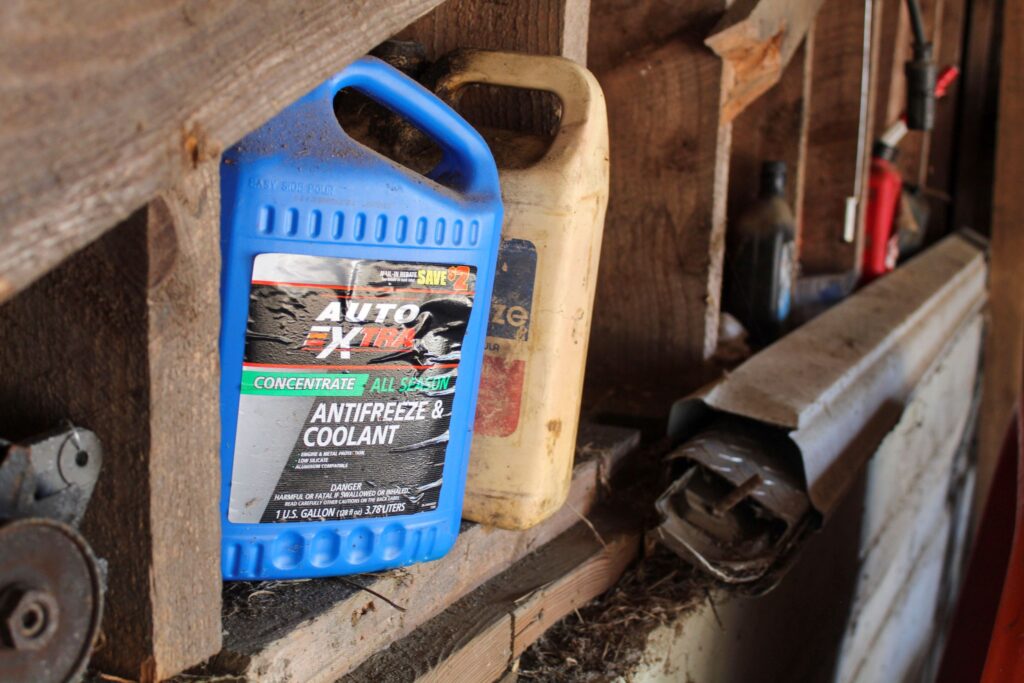New England cars run on antifreeze, but like all automotive products, it needs to be changed out occasionally. Once you’ve swapped out old coolant for new, what do you do with the waste product? While antifreeze and coolant aren’t regulated hazardous waste like motor oil, it’s still important to know what can make it a hazardous household product, especially after it’s been used in a car.
Why Certain Automotive Products are Regulated Hazardous Waste
As a car owner, you know that motor oil is considered hazardous waste: you can’t dump it down the sink or pour it into the storm drain without harsh repercussions due to federal and state laws. There are also a lot of supporting measures to deal with used motor oil. In MA, the store you purchased it from is required to accept it for recycling, and there’s even a used oil hotline: 617-556-1022. While antifreeze and coolant aren’t regulated like motor oil, they can still be an environmental hazard.
What Makes Antifreeze Toxic?
Antifreeze (and, to a lesser extent, coolant) are made of either ethylene glycol or propylene glycol. The former is the most used due to a higher boiling point and cheaper production, and the latter is marketed as a less toxic alternative. However, both are poisonous, causing damage to the central nervous system, and due to the typical bright colors and the glycol base making it sweet are dangerous for pests, pets, and small children.
The Additional Hazardous of Spent Antifreeze
Like with all automotive products, once they’ve been running through a car, they’ll become contaminated. A coolant system typically contains plastics, metals (such as copper, iron, lead, and zinc), grime, and fuel (including benzene), all of which can enter the coolant, especially if the fluid has started to break down and become acidic. This makes spent antifreeze even more toxic as these substances can move on to contaminate soil and water if dumped.
How Should I Dispose of Antifreeze and Coolant?
Spent coolant should be kept in a sealed container and kept out of reach of children and pets. Before pouring coolant down the drain, you’ll need to get approval from your wastewater treatment facility, as antifreeze can disturb the biological action of sewage treatment and septic systems. Your local service station or repair garage may accept spent antifreeze. Note that even more environmentally friendly propylene glycol may contain the same car pollutants after use and should be disposed of similarly.
You can also bring these and other automotive products (including motor oil and automotive batteries) to one of NEDT’s Household Hazardous Products Collection Centers! We accept a wide range of common household hazardous waste (see what we accept) and have multiple locations and times to suit your needs. If you’re interested in dropping off or requesting pickup of hazardous household products, contact us online or call us at 1-866-769-1621.



Leave a Reply